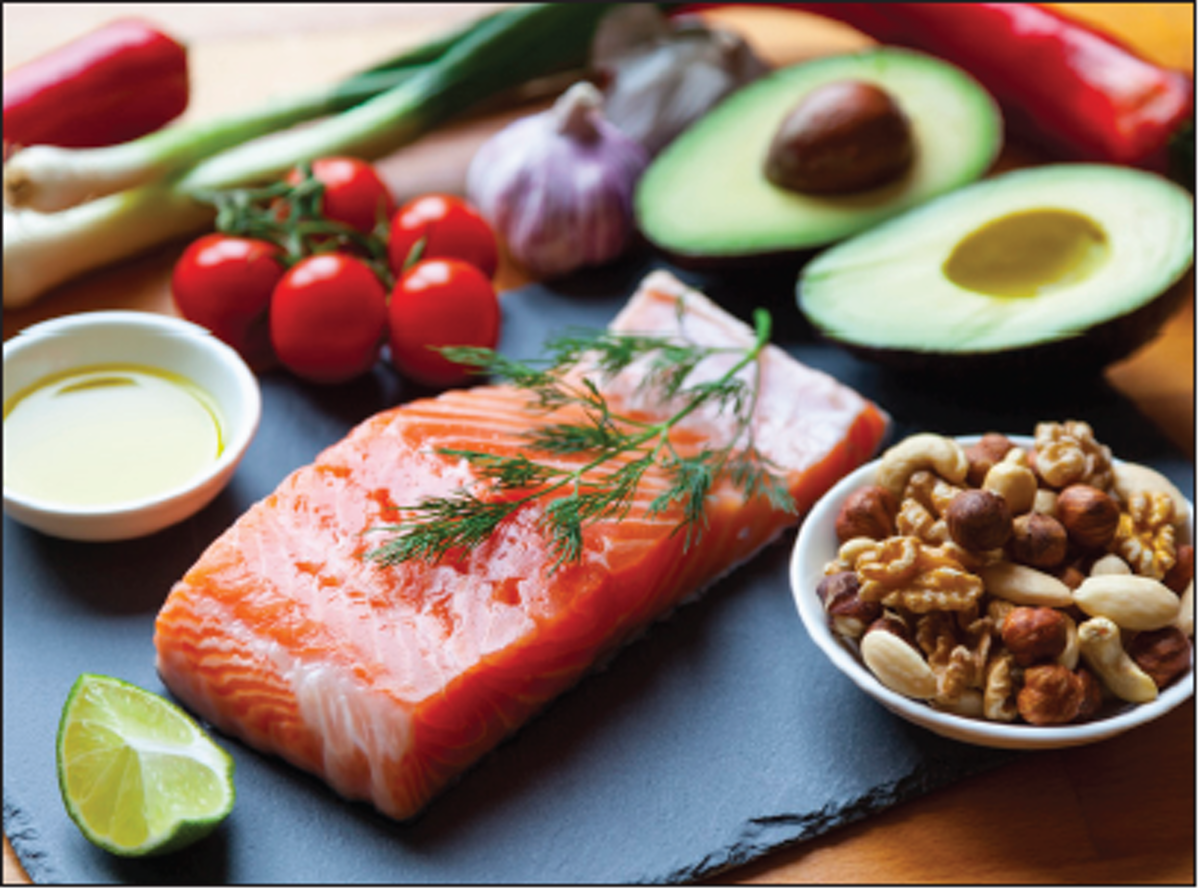Ongoing studies indicate that eating a Mediterranean diet may reduce the effects of stress. Perhaps it’s time to rethink our traditional eating habits, including holiday meals.
The Mediterranean diet is not a single diet but rather an eating pattern that takes inspiration from the diet of southern European countries. There is an emphasis on plant foods, olive oil, fish, poultry, beans, and grains.
The diet draws together the common food types and healthful habits from the traditions of several different regions, including Greece, Spain, southern France, Portugal, and Italy.
Studies suggest that people who live in the Mediterranean area or follow the Mediterranean diet have a lower risk of various diseases, including obesity, diabetes, cancer, and cardiovascular disease. They are also more likely to enjoy a longer life than people in other regions.
Key ingredients of the diet include fresh fruits and vegetables, unsaturated fats, oily fish, a moderate intake of dairy, and a low consumption of meat and added sugar. Studies have linked these factors with positive health outcomes.
There is no single definition of the Mediterranean diet, but one group of scientists used the following as their 2015 basis of research.
Vegetables: Include 3 to 9 servings a day.
Fresh fruit: Up to 2 servings a day.
Cereals: Mostly whole grain from 1 to 13 servings a day.
Oil: Up to 8 servings of extra virgin (cold pressed) olive oil a day.
Fat—mostly unsaturated—made up 37% of the total calories. Unsaturated fat comes from plant sources, such as olives and avocado. The Mediterranean diet also provided 33 grams (g) of fiber a day.
The baseline diet for this study provided around 2,200 calories a day.
Typical ingredients
Here are some examples of ingredients that people often include in the Mediterranean diet.
Vegetables: Tomatoes, peppers, onions, eggplant, zucchini, cucumber, leafy green vegetables, plus others.
Fruits: Melon, apples, apricots, peaches, oranges, and lemons, and so on.
Legumes: Beans, lentils, and chickpeas.
Nuts and seeds: Almonds, walnuts, sunflower seeds, and cashews.
Unsaturated fat: Olive oil, sunflower oil, olives, and avocados.
Dairy products: Cheese and yogurt are the main dairy foods.
Cereals: These are mostly whole grain and include wheat and rice with bread accompanying many meals.
Fish: Sardines and other oily fish, as well as oysters and other shellfish.
Poultry: Chicken or turkey.
Eggs: Chicken, quail, and duck eggs.
Drinks: A person can drink red wine in moderation.
The Mediterranean diet does not include strong liquor or carbonated and sweetened drinks. According to one definition, the diet limits red meat and sweets to less than 2 servings per week.
Source: https://www.medicalnewstoday.com
Written by Yvette Brazier on January 17, 2020
Medically reviewed by Natalie Olsen, R.D., L.D., ACSM EP-C
Exclusive content from CARE Magazine.









